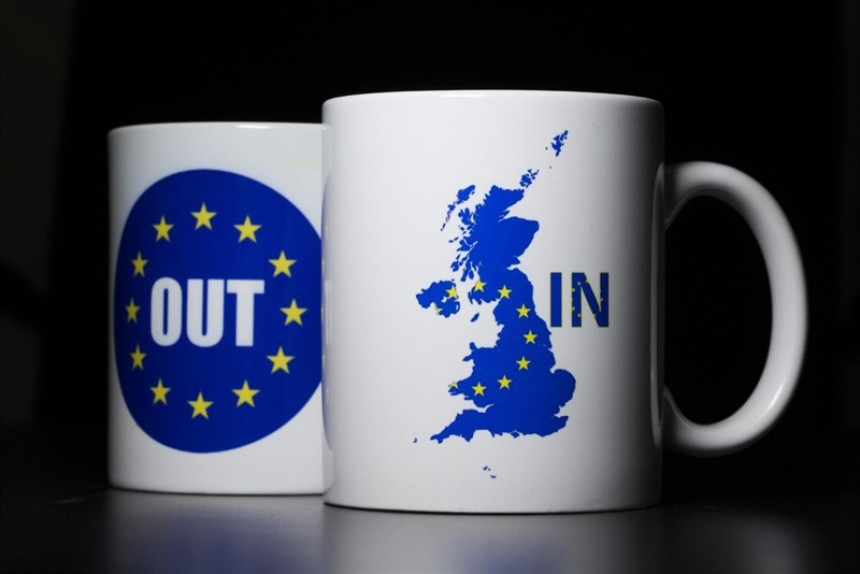
Hostility to the European Union was one of the fundamental issues of the referendum on 23 June and one of the key element in the political traditions and modes of mobilisation on the other side of the English Channel. Reactivating the British exception to some degree, Euroscepticism is also a feature of the power struggles waged by political parties in the conquest of their electorate.
Most Britons currently claim to be Eurosceptics or hostile to Europe. How do we explain the phenomenon? In the UK, Euroscepticism it is both the result of the recent developments and the oldest political traditions, which date back to the end of The Second World War. Since the beginning of the process of European construction, the country had wanted to keep their distance. To explain this, we need to get over the insularity stereotype. It is true that this distrust is the bearer of sovereignist argument, but on the other hand it has always been present in today's Eurosceptic discourse. Contrary to its neighbours in continental Europe, the UK did not live under Nazi occupation, and played the collaboration game. Thus, it has not felt the need to rebuild, via interstate associations. Quite the opposite. Throughout the period called "consensus" (1945-1979) the Conservative and Labour parties partially put their political differences aside to rebuild the country, relying on the national political traditions. Of more importance were the continuation of the policies of the welfare state, which were the aim of the liberal governments at turn of the century, and the reaffirmation of parliamentary sovereignty. In fact, confidence in the Westminster Parliament as a bulwark against political interference from the monarch tempted by tyranny or from foreign powers has been at the heart of the British constitutional principles since the eighteenth century and is since then, is one of the pillars of national identity.
Nevertheless, in parallel to this sovereignist discourse, distrust in Europe feeds on internationalist arguments. Invoking the still-strong memory of the Empire, the UK has perceived the forming of the common market as too narrow a framework for its global ambitions. From a geopolitical point of view, the priorities have targeted the strengthening of the special relations with the US and the maintenance of post-colonial ties within the Commonwealth. This extra-European commitment had the advantage of establishing a counterweight to the Franco-German coupling whose power continues to assert itself.
British Euroscepticism has increased since the 90s
This initial reticence can be understood as a conflict between two very different political cultures. In this perspective, it is not surprising that the United Kingdom's accession to the EEC in 1973 was placed under the sign of economic interest rather than under political cooperation. The Conservative government of Edward Heath considered that the common market was a favourable exercise of free trade framework. Consequently, distrust in the EU did not disappear after 1973 and has even gained ground, as European construction exceeded the economic framework of its beginning to assert its supranational political vocation. The Thatcherite policy had its influence: the glorification of a neo-liberal idealism was running in parallel with the desire to get free from the EU. But British Euroscepticism has experienced an unprecedented increase since the 90s and the ratification of the Treaty of Maastricht, with the government of John Major. The rejection of the single currency and Schengen sought to preserve the interests and integrity of the nation regarding the alleged interference by Brussels bureaucrats. This period has also confirmed the evolution of Eurosceptic discourse to the right of the political spectrum.







